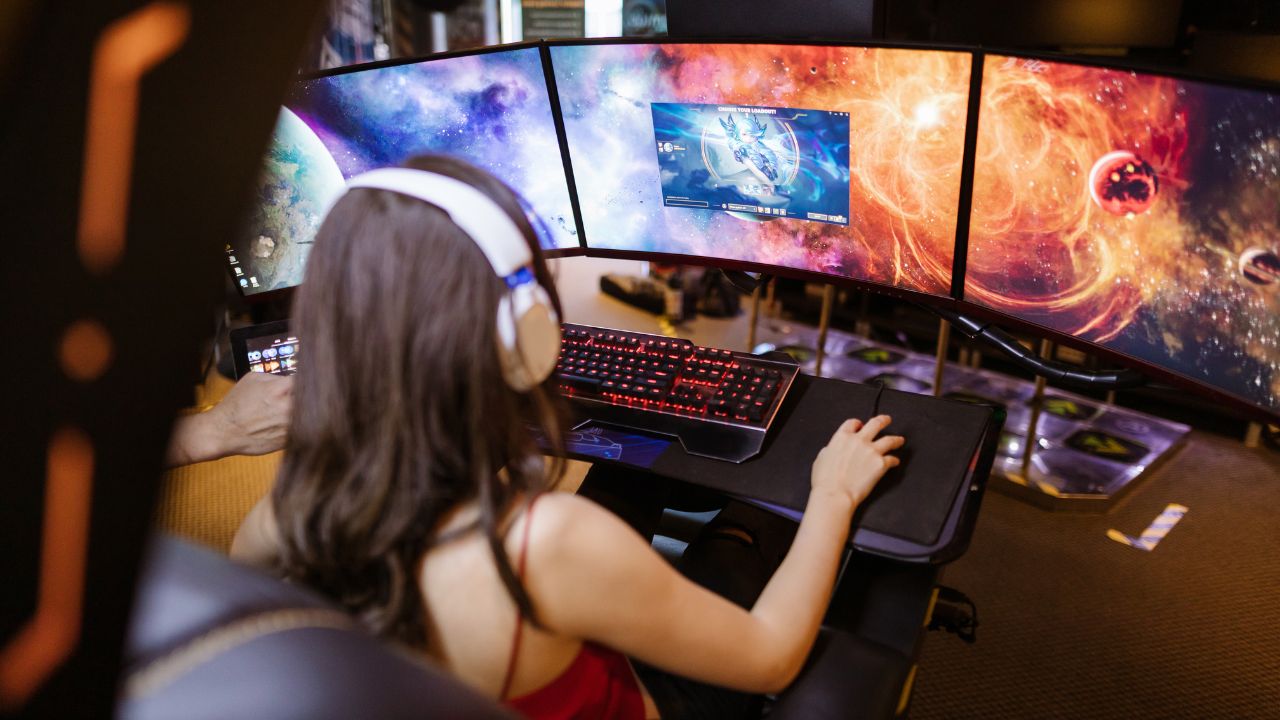Choosing the right game engine can make or break an indie developer’s first 2D project. Both Unity and Godot offer powerful tools for creating 2D games, but each has different strengths that appeal to different types of developers. Many indie creators struggle with this decision because the wrong choice can lead to months of extra work or technical roadblocks.
For most 2D indie games, Godot is the better choice due to its simpler workflow, built-in 2D tools, and free open-source nature that eliminates licensing costs. Unity remains strong for developers who need advanced 3D features or plan to scale their games across multiple platforms with complex requirements. The decision often comes down to project scope, budget, and development experience.
This comparison will explore the key differences between these engines for 2D indie development. Developers will learn about performance, ease of use, community support, and costs to make an informed decision. The guide also covers specific scenarios where each engine excels, helping indie developers pick the right tool for their creative vision.
Comparing Unity and Godot for 2D Indie Game Development
Unity offers more advanced features and industry support, while Godot provides a simpler approach with no licensing costs. Both engines can create quality 2D indie games, but they differ in performance, ease of use, visual tools, and programming options.
Performance and Optimization
Godot runs faster for most 2D indie games because it uses less system resources. The engine is lightweight and starts up quickly. Games made in Godot often have smaller file sizes.
The engine handles 2D graphics well without extra plugins. Developers can optimize their games easily using built-in tools. Godot works well on older computers and mobile devices.
Unity can be slower for simple 2D games because it loads more features by default. The engine takes longer to start and uses more memory. However, Unity has better optimization tools for complex projects.
Unity offers advanced profiling tools that help find performance problems. The engine supports more platforms and has better console support. Large 2D games with many effects might run better in Unity.
For most indie developers making simple 2D games, Godot performs better. Unity works better for complex 2D games that need advanced features.
Ease of Use and Learning Curve
Godot is easier to learn for beginners. The interface is clean and simple. New developers can make their first game faster in Godot than Unity.
The node system in Godot makes sense quickly. Developers drag and drop nodes to build game objects. The documentation is clear and easy to follow.
Unity has a steeper learning curve. The interface has many menus and options that can confuse beginners. Learning Unity takes more time but offers more possibilities.
Unity has thousands of tutorials online. The community is larger and more active. Getting help is easier because more people use Unity.
Many game development courses teach Unity first. This makes it easier to find learning resources. However, the complexity can overwhelm new developers.
Godot is better for developers who want to start making games quickly. Unity is better for those who want to learn professional game development tools.
Visual Editor Capabilities
Godot has a clean visual editor that focuses on 2D game development. The scene editor is simple to use. Developers can see changes instantly without waiting for compilation.
The animation system in Godot is powerful and easy to use. Creating sprite animations takes just a few clicks. The tile map editor works well for 2D platformers and top-down games.
Unity has more visual editing tools but they can be overwhelming. The scene view offers more options for complex games. Unity supports more file formats and has better asset importing.
The Unity editor includes advanced tools like timeline and cinemachine. These tools help create polished cutscenes and camera effects. However, many 2D indie games do not need these features.
Unity has a larger asset store with thousands of ready-made assets. Developers can buy art, music, and code to speed up development. Godot has fewer assets available but they are often free.
For simple 2D games, Godot’s editor is faster and easier to use. Unity’s editor is better for complex projects that need advanced tools.
Scripting Languages and Flexibility
Godot uses GDScript as its main programming language. GDScript is similar to Python and easy to learn. The language is designed specifically for game development.
Godot also supports C# and C++ for developers who prefer these languages. However, GDScript works best with all engine features. Most tutorials use GDScript examples.
Unity uses C# as its main programming language. C# is used in many professional software projects. Learning C# helps developers in other programming jobs.
Unity also supports JavaScript and Boo, but these are being removed. C# is more powerful than GDScript for complex programming tasks. Unity connects better with external libraries and tools.
Both engines allow visual scripting for non-programmers. Unity’s visual scripting is more advanced but harder to learn. Godot’s visual scripting is simpler but less powerful.
Developers who want to learn professional programming should choose Unity. Those who want to focus on game design rather than programming should choose Godot.
Choosing the Right Engine for Your 2D Indie Game
Both Unity and Godot offer strong community support and cross-platform publishing, but they differ in licensing costs and available resources. Unity requires a subscription for commercial use while Godot remains completely free with no revenue limits.
Community Support and Resources
Unity has a massive community built over more than a decade. Developers can find thousands of tutorials, forums, and ready-made assets on the Unity Asset Store.
The Unity Asset Store contains paid and free scripts, art, and tools. This saves development time for indie teams with small budgets.
Stack Overflow, Reddit, and YouTube have extensive Unity content. New developers rarely get stuck without finding help quickly.
Godot has a smaller but growing community. The engine’s open-source nature attracts passionate developers who contribute regularly.
Godot’s documentation is clear and well-organized. The community focuses on quality over quantity when creating tutorials and guides.
GitHub hosts the engine’s source code where developers can report bugs and suggest features. This direct connection between users and developers creates fast problem-solving.
Exporting and Platform Compatibility
Unity supports over 25 platforms including mobile, desktop, and web. The engine handles most platform-specific requirements automatically.
Popular Unity export targets include:
- iOS and Android
- Windows, Mac, and Linux
- WebGL for browsers
- Nintendo Switch, PlayStation, and Xbox
Unity’s build process is straightforward for most platforms. Mobile builds require additional SDK setup but work reliably once configured.
Godot supports fewer platforms but covers the most important ones for indie developers. The engine focuses on quality over quantity for exports.
Godot export options include:
- Android and iOS
- Windows, Mac, and Linux
- HTML5 for web games
Godot’s export process is simpler than Unity’s. The engine includes most dependencies by default, reducing setup time.
Licensing and Costs
Unity uses a subscription model with different tiers. Unity Personal is free for developers making less than $100,000 per year.
Unity Pro costs $2,040 per year per seat. Teams earning over $200,000 annually must use Pro licenses.
The Unity Asset Store requires separate purchases for premium content. Popular assets range from $5 to $500 depending on complexity.
Godot is completely free with no revenue limits or subscription fees. The MIT license allows commercial use without restrictions.
Developers can modify Godot’s source code if needed. This freedom appeals to teams wanting full control over their tools.
Godot has no built-in asset store, but free resources exist on GitHub and community websites. This keeps costs low for indie developers.



